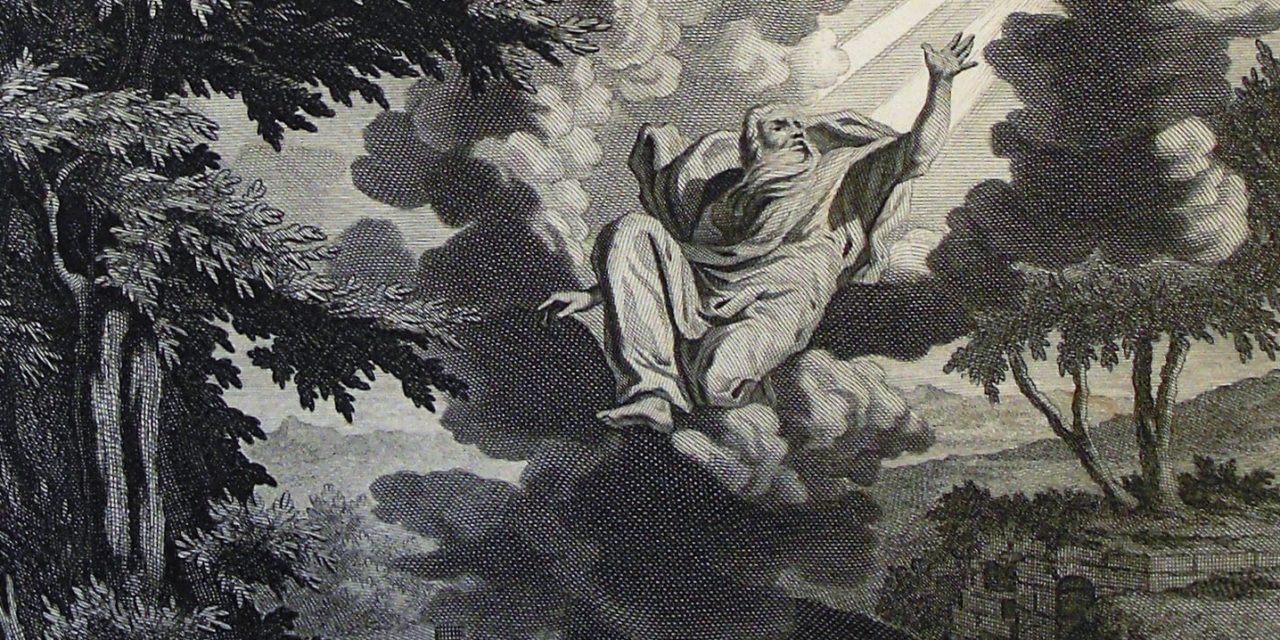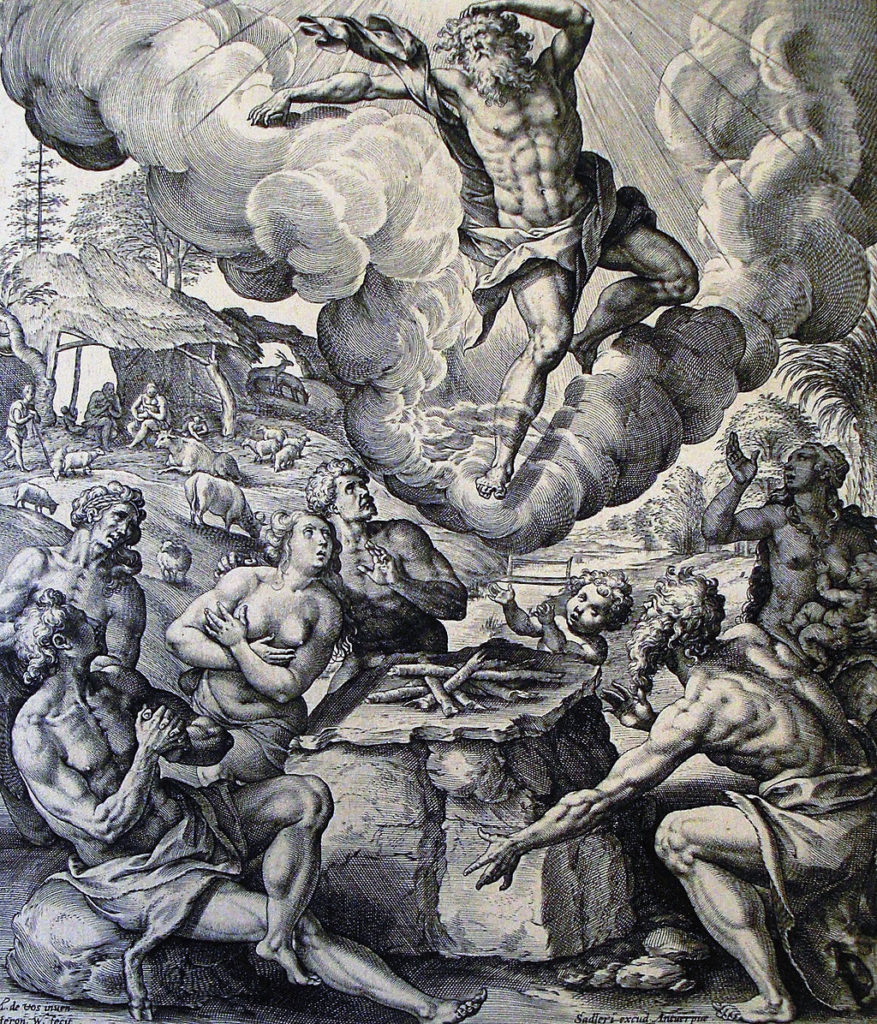Lately, I’ve been listening to the Book of Enoch on Audible — a great way to become familiar with this ancient text. I’ve never read the entire book — I’ve read parts of it, but I’ve always wanted to read all of the book. Here is my solution: I like to listen to books and talks on my iphone — while driving or walking, and as I wind down at the end of the day, it helps me relax and fall asleep.
This Audible edition is the entire, original Book of Enoch, read by Steve Cook — an enjoyable narrator. The book is produced by Robert Bagley III, who has some other ancient texts in Audible as well.
You may wonder why we should even care about the Book of Enoch. Perhaps, we are living in a time similar to the pre-flood era of the earth. Enoch was the prophet before the flood who actually built a city of Zion. He and his city were translated, and saved from the flood and they will return when Zion is established again, ushering in the Millenial day.
Stephen D. Ricks gives us some good reasons why we should even read about Enoch in the Forward of Hugh Nibley’s book, Enoch the Prophet —
As Professor Nibley notes in his paper “The Enoch Figure,” Enoch is “the colossus that bestrides the Apocrypha as no other.” Significantly, Enoch’s importance in the Old Testament pseudepigrapha is equaled by his central role in the book of Moses. In “A Strange Thing in the Land: The Return of the Book of Enoch” (which appeared serially in the Ensign in 1976—77), Professor Nibley demonstrates at great length the richness of the Old Testament pseudepigraphic Enoch literature and the astonishing similarities between these writings—a body of literature that is still coming to light, very little of which was known or accessible in Joseph Smith’s day—and the Enoch section in the book of Moses, even down to names of individuals.
But it is Enoch’s peculiar relevance to our own day that gives the Enoch literature—and this volume—its timeliness. This literature throws into sharp relief the relevance for our own day of Enoch, a prophet in a wicked world that was on a collision course with disaster—as our world also appears to be. In “The Book of Enoch as a Theodicy,” Dr. Nibley describes Enoch’s world as not unlike our own, devoted to dark pleasures and resolute and sophisticated in its waywardness. Enoch cannot save a whole generation from destruction, but he does gather a group of righteous refugees from the wicked world and builds with them the City of Zion, a haven that is impregnable to the attacks of the ungodly and is ultimately taken up to heaven. In the light of Enoch’s life and mission, it is fitting that one of Joseph Smith’s code names in the older editions of the Doctrine and Covenants (for example, section 78 verse 1) is Enoch. (Enoch the Prophet, Hugh Nibley)
Audible version of The Book of Enoch:
To purchase the Book of Enoch read by Steve Cook you can use this link: The Book of Enoch, Audible edition.
If you want to know more about their other books check their site here and here.
Hugh Nibley’s audio essays about Enoch:
Pearl of Great Price Lecture Series – 22. Enoch
The Book of Enoch text:
The Book of Enoch pdf online version
Scripture References of Enoch:
Doctrine and Covenants 107:48,53,57
Doctrine and Covenants 76:57,67,100
Doctrine and Covenants 84:15-16
Moses 7:1-2,9,12-13,19-24,27-29,32,41-45,47-51,54-55,58-60,63,65,67-69
Moses 6:21,25-27,31-32,35,37,43,47



